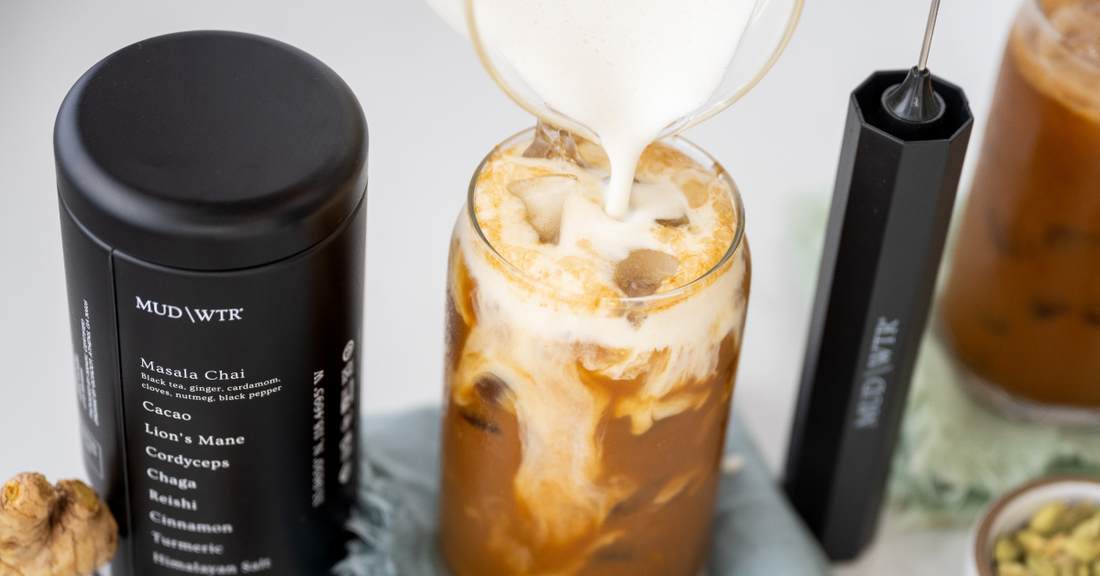It’s the ultimate summer fantasy: Lounging poolside on a hot day with a nice, cold beverage in your hand as you listen to the kids splash happily in the water. But the fantasy gets a harsh dose of reality when the drink in your hand warms up and you need to dump half of it before it’s finished. You fish another out of the cooler, only to be disappointed a few minutes later as the can warms up.
How Does a Cold Drink Get Warm?
There’s a scientific reason your cold beverage doesn’t stay cold in hot and humid weather. The latent heat of condensation—the moisture droplets that form on the outside of the can—cause the drink to warm rapidly.
Researchers at the University of Washington investigated the phenomenon by placing rubber-stopped, 12-inch aluminum cans filled with water inside an enclosed, temperature-controlled chamber for five minutes. The cans were subjected to a wide range of temperatures and humidity for the experiment.
Surprisingly, the researchers found that humidity, not high temperatures, plays a crucial role in how quickly a beverage will heat up. This also means that where you live affects how fast your drink becomes lukewarm.
How Does Humidity Affect Drinks?
You can sip a drink in 85-degree heat in Northern California for longer than in a more humid place like New Orleans. In fact, your drink would warm more than twice as much in humid weather compared to dry heat, according to the study.
The worst spot to try and enjoy a cold drink on a hot day is the Persian Gulf or the Red Sea. On the hottest, most humid day in Dhahran, Saudi Arabia, condensation alone would warm a can from near-freezing to 48 degrees Fahrenheit in just five minutes.
The National Center of Atmospheric Research and the National Science Foundation partially funded the study because of its potential understanding of global warming. Precipitation is crucial to human civilization, yet the study of water in Earth’s atmosphere continues to be one of the main challenges in atmospheric science, according to the researchers. The results were published in Physics Today.
How Do You Keep Drinks Cold Longer?
So, what do you do if you live in a more humid environment and want to keep your beverages cold? Rest assured that you don’t have to relocate. The solution to all the pesky issues of condensation lies in a simple solution: the koozie.
A koozie or can cooler is a fabric or foam sleeve you put on the outside of a can. The koozie keeps condensation from forming on the outside of the can, significantly reducing how quickly the beverage heats up.
Even though the koozie is a relatively modern invention, who and where it was invented is still up for vigorous debate. Some people claim the koozie was created in the 1970s in Australia and quickly adopted by surfers. Others point to British tea cozies as its origin.
The koozie was patented in I981 by Idahoan Bonnie McGough and by Radio Cap Corporation, which let its trademark lapse in 2001, resulting in a decades-long trademark feud over the koozie. But that hasn’t stopped people from adopting it as a favorite summertime accessory. And for good reason. It works. Regardless of the koozie's origin, you can rest assured that there’s science behind that squishy drink jacket.
Amy Ettinger is a writer living in Santa Cruz. You can find her work at amyettinger.com
Photo by Sonnie Hiles on Unsplash
Read More: How to Host an Alcohol-Free Barbecue
Read More: 5 Reasons to Go Outside




